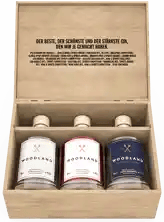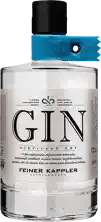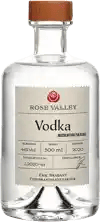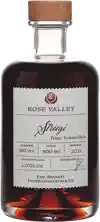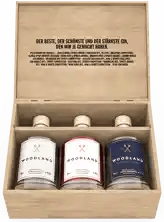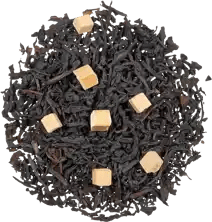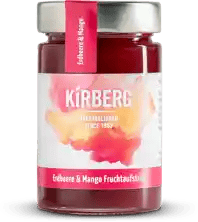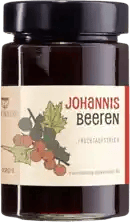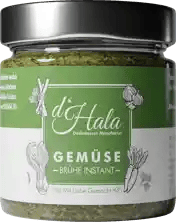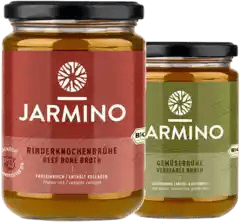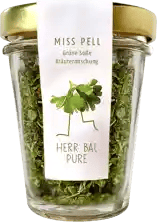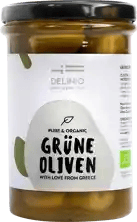Quality instead of quantity!
7,000 independent products
No mainstream
7,000 independent products
Pilsner - The most popular beer in Germany
Pilsner, also known as Pilsner, is a beer style that originated in the Czech city of Pilsen. It is characterized by its light, golden color, clear taste and distinctive hop bitterness. Pilsner is the most widely drunk beer in Germany and is also very popular internationally.
The history of Pilsner
The first Pilsner was brewed in Pilsen in 1842. Master brewer Josef Groll developed the recipe, which quickly became very popular. The combination of soft water, pale malt and Saaz hops resulted in a beer that was very different from the dark beers that were common at the time.
The special features of Pils
Pilsner is characterized by its light body and pronounced hop bitterness. It is fermented with bottom-fermenting yeast at low temperatures, resulting in a clear, refreshing taste. The hop varieties used, such as Saaz hops, give the beer its characteristic bitterness and fine hop aroma.
Variants of Pilsner
German Pilsner
German Pilsner has a particularly clear and dry taste. It has a strong hop bitterness and a golden color. Typical representatives are beers such as Bitburger and Krombacher.
Bohemian Pilsner
Bohemian Pilsner, also known as Czech Pilsner, is somewhat maltier and less bitter than German Pilsner. It has a richer color and a fuller mouthfeel. Examples are Pilsner Urquell and Budweiser Budvar.
Kellerpils
Kellerpils is an unfiltered variant of Pilsner that stands out for its naturally cloudy character and full flavor. It has a milder bitterness and is often somewhat more drinkable than the classic Pilsner.
The production of pilsner
The production of pilsner begins with the selection of high-quality, pale malt and special hop varieties such as Saaz hops. The malt is crushed and mixed with water to convert the starch into sugar. After mashing, the wort is boiled and the hops are added to give the beer its bitterness and aroma.
After boiling, the wort is cooled and the bottom-fermenting yeast is added. Fermentation takes place at low temperatures, resulting in a clear, fresh beer. After primary fermentation, the beer is often stored at low temperatures for a few weeks to refine and clarify the taste.
An important step in the production of Pilsner is filtration, which gives the beer its clear, golden color. After filtration, the beer is bottled and is ready to be enjoyed.
Pilsner and its importance in Germany
Pilsner has a special significance in Germany and is more than just a drink. It is part of German beer culture and is often associated with conviviality and tradition. Pilsner is present in almost every German region and is brewed in countless breweries using old recipes and modern techniques. It plays a central role in many festivals and celebrations, from beer gardens to large folk festivals such as the Oktoberfest.
Enjoyment and storage of pilsner
Pilsner should always be served well chilled and in a clean glass to ensure the best taste. Ideally, it should be enjoyed at temperatures between 6 and 8 degrees Celsius. Storing Pilsner requires a cool, dark place to preserve its freshness and aroma. Once opened, the beer should be consumed quickly to experience the full flavor.
When drinking a Pilsner, attention should be paid to the head. A well-formed head is a sign of a freshly tapped beer and contributes to the perception of taste. Pilsner is also ideal for cooking and can be used in various recipes to add a special touch to sauces and marinades.
Brilliant!

Bitte bestätige deine Anmeldung noch eben - du hast eine Bestätigungsmail von uns. Klicke darin auf den Link. Danach bekommst du deinen Rabattgutschein.


